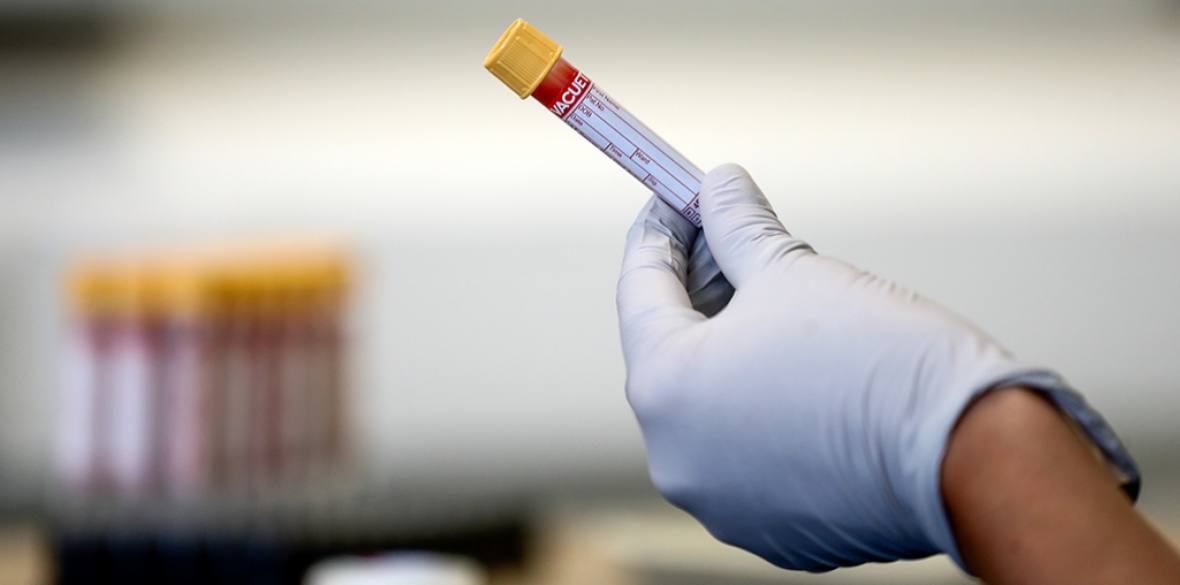BRITAIN’S deals with Novavax and Janssen securing advanced supplies of potential Covid-19 vaccines are not the first evidence that the government is undermining international efforts to eliminate coronavirus.
Bilateral deals to bulk-purchase vaccine doses in advance “reduce the global vaccine stocks available for vulnerable groups in poorer countries,” as Global Justice Now warns, forming part of a “dangerous trend of vaccine nationalism by richer nations.”
Poorer countries are used to seeing access to medicines restricted by the richest states, which enforce drug-patent rules that allow major pharmaceutical firms to control prices.
The United States in particular has long made inclusion of intellectual property clauses relating to patents in “trade” treaties a priority, in order to boost pharmaceutical profits by preventing the manufacture of generic medicines in poorer countries.
Pressure has been exerted on third-world countries via institutions like the World Trade Organisation (WTO) to bring all countries into a globalised healthcare market, which has advanced over decades in step with the international advance of neoliberalism and the retreat of socialism.
In India, for example, the Patent Act of 1970 disallowed patents on pharmaceutical products and the Drug Prices Control Order first issued in 1979 extended public control over pricing for all drugs and set prices in relation to the cost of production.
Yet this rational approach was undermined by the exemption of certain drugs in 1987, the recognition of patents at the WTO’s 1994 conference, the restriction of price controls to “essential” medicines in 1995 and the adoption of market-based pricing in 2013. Even so, extending Indian recognition of US patents and thereby forcing Indians to pay prices set by Big Pharma for medicines currently available in generic form for far lower prices has been a key demand of US negotiators working on a free-trade deal with the Narendra Modi government.
Since the Covid-19 pandemic struck, the contrast between this approach and that of socialist governments has been stark.
China, Cuba and Vietnam have all provided significant medical assistance to other countries, both in the form of deliveries of medical supplies and in the deployment of actual medics.
Their relative success in containing the virus also contrasts sharply to the soaring death tolls in Britain and the US, despite the latter countries being far wealthier, showing the advantage of a social system that allows the mobilisation of all public and private resources to a common end.
China has significantly increased funding for the World Health Organisation and has pledged that any vaccines it develops will be a global resource, in a World Health Assembly resolution resisted by Britain and the United States.
The latter objected that the resolution ignored “the critical role that intellectual property plays in incentivising the development of new and improved health products” and would “send the wrong message to innovators who will be essential to the solutions the whole world need.”
In fact, the role that intellectual property plays in stimulating research is controversial, and shared research could accelerate development of a universal Covid-19 vaccine.
But not only is Britain not sharing vaccine research, it has attempted to make it part of the new US-led cold war by accusing Russia (without any evidence) of trying to spy on our efforts.
Undermining an international commitment to share vaccines to boost profits for British and US drug companies will have a direct cost in lives.
As Jamie Love of Knowledge Ecology International puts it, “it’s one thing for a country to use its economic clout to buy preferential access to drugs or vaccines. It’s another to prevent others from manufacturing and expanding global supply.” The Novavax and Janssen deals confirm that our government is doing both.










